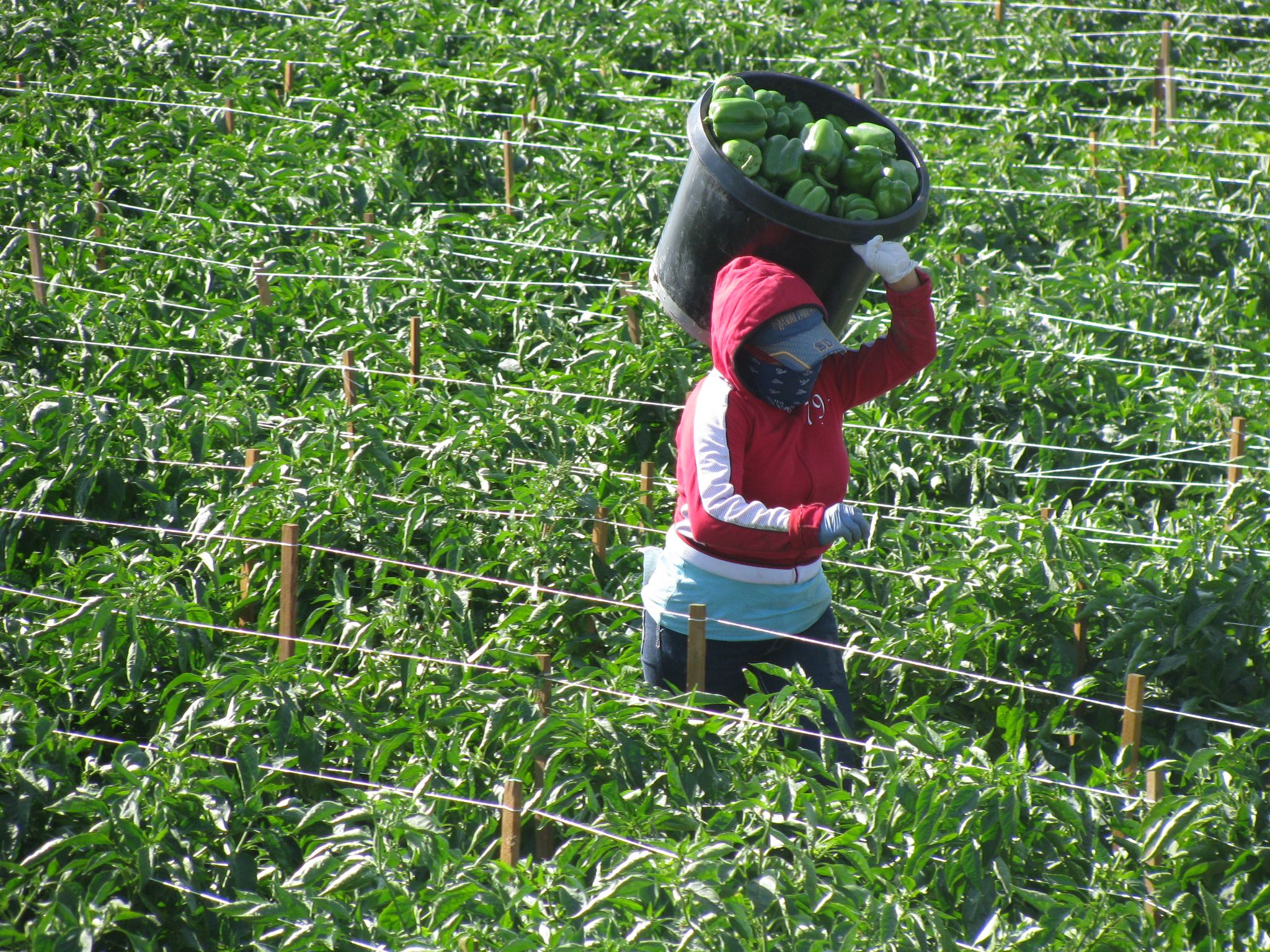National Farmworker Awareness Week Blog: Immigration

Immigration is a critically important issue for farmworkers. Approximately half of the farmworkers in this country, and possibly more, are undocumented. The lack of immigration status affects many aspects of farmworkers’ lives, including their ability to speak up against abusive employers, access healthcare, and fully participate in their communities.
As made clear by the current coronavirus pandemic, diseases do not discriminate based on borders or immigration status. Unfortunately, many of the U.S. government's public benefits programs do. This may make it difficult for workers to access the critical care or nutrition they need for themselves or their families. Undocumented immigrants may also be ineligible for important safety net protections such as unemployment insurance, meaning the loss of a work opportunity can be especially crippling economically. For this and other reasons, individuals are often reticent to speak up regarding safety, wage or other violations at their workplace, for fear of retaliation.
Immigration is a critically important issue for farmworkers. Approximately half of the farmworkers in this country, and possibly more, are undocumented. The lack of immigration status affects many aspects of farmworkers’ lives, including their ability to speak up against abusive employers, access healthcare, and fully participate in their communities.
As made clear by the current coronavirus pandemic, diseases do not discriminate based on borders or immigration status. Unfortunately, many of the U.S. government’s public benefits programs do. This may make it difficult for workers to access the critical care or nutrition they need for themselves or their families. Undocumented immigrants may also be ineligible for important safety net protections such as unemployment insurance, meaning the loss of a work opportunity can be especially crippling economically. For this and other reasons, individuals are often reticent to speak up regarding safety, wage or other violations at their workplace, for fear of retaliation.
Recent actions by the current Administration, including, but not limited to, the public charge rule, have exacerbated this fear. Similarly, the criminalization of undocumented immigrants, increased deportations and other recent immigration enforcement actions have worsened an already untenable situation for farmworkers and the agricultural labor system.
The current crisis has also highlighted the key role of immigrant workers who come to work in the U.S. under the H-2A agricultural worker visa program. In light of current U.S. consulate and bordure closures in response to the COVID-19 crisis, agricultural employers have asked for exemptions for these workers based on their essential role in securing our food supply.
However, our broken immigration system continues to fail to recognize the value of these workers, leaving them in the shadows regardless of the years and often, decades, they have spent working tirelessly to feed this country. The hypocrisy in our current immigration system harms farmworker families, agricultural businesses, rural communities and the economy. We should respect the valuable role of farmworkers in our agriculture and food system and ensure that they are given the opportunity to enjoy the democratic and economic freedoms of this nation.
The Farm Workforce Modernization Act (H.R. 5038), which was passed in the House in December 2019, is a positive and workable solution in Congress that would provide a path to lawful permanent residency and citizenship for experienced agricultural workers and their family members. The bill is important for farmworkers because it would take away the constant fear of deportation and family separation. Additionally, by enabling farmworkers to do their essential work without fear, the bill would help ensure compliance with labor, pesticide and food safety laws, improving both the health of farmworkers and the security of our entire food system.

